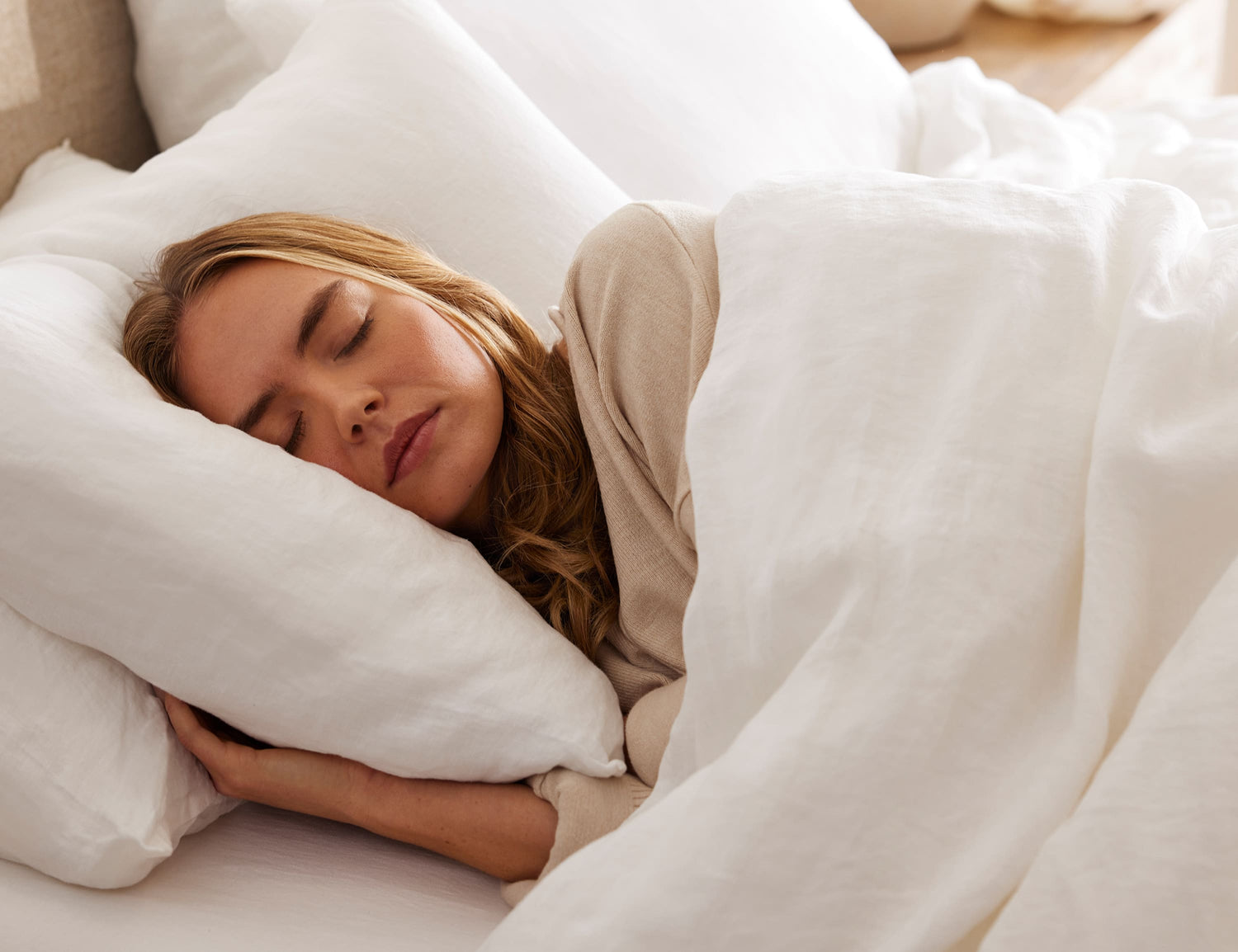Why Menopause Can Make You Sleep More
Hormonal changes are the main driver. During menopause, declining estrogen and progesterone levels can disrupt your circadian rhythm — the internal clock that regulates sleep and wakefulness. Progesterone, in particular, has a mild sedative effect, so fluctuations can leave you feeling more tired than usual.
Other contributing factors include:
-
Poor sleep quality at night – Night sweats and hot flashes may wake you frequently, causing your body to crave extra rest during the day.
-
Mood changes – Anxiety or depression, which are more common during menopause, can increase fatigue and lead to longer sleep.
-
Lifestyle and stress – Busy schedules, poor diet, and low activity levels can exacerbate feelings of tiredness.
Is Sleeping Too Much a Problem?
Occasional extra sleep is normal, but consistently sleeping much longer than usual can impact your energy, mood, and productivity. Oversleeping can also be linked to underlying health conditions such as thyroid imbalances, sleep apnea, or depression, so it’s worth paying attention if it persists.
Tips for Regulating Sleep During Menopause
-
Keep a consistent sleep schedule – Try to go to bed and wake up at the same time every day, even on weekends.
-
Focus on sleep quality, not just quantity – Address night sweats and insomnia with breathable bedding, lightweight pajamas, and a mattress that supports temperature regulation. Mattresses with MTick certification can be especially helpful for menopause-related sleep challenges.
-
Stay active during the day – Regular exercise helps regulate your circadian rhythm and improve daytime alertness.
-
Limit long naps – Short, strategic power naps (20–30 minutes) are fine, but extended daytime sleep can disrupt your night-time routine.
-
Create a sleep-friendly environment – Cool, dark, and quiet rooms can make it easier to fall asleep and wake up feeling refreshed.
When to Seek Help
If excessive sleepiness continues, it’s a good idea to consult a healthcare professional. They can help rule out underlying conditions and offer strategies to restore balance to your sleep patterns.
Takeaway
Sleeping too much during menopause can feel confusing and frustrating, but it’s often linked to hormonal changes, disrupted sleep, and lifestyle factors. By focusing on sleep quality, maintaining a consistent routine, and choosing supportive bedding and mattresses, you can regain balance and feel more energized during the day.
This blog post is for informational purposes only and does not constitute medical advice. If you have concerns about your sleep, health, or wellbeing, please consult your GP or a qualified healthcare professional. The views expressed in this post are those of the author and are intended to share general insights, not to diagnose or treat any condition.




